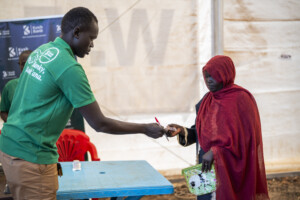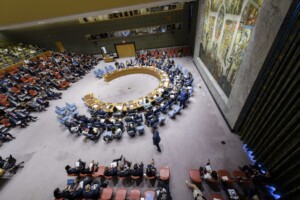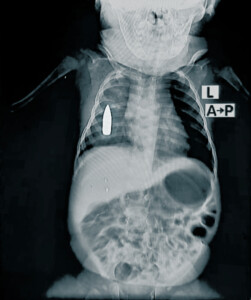UN to support cholera vaccination campaign in Sudan
The World Health Organisation (WHO) and the UN Children’s Fund (Unicef) will support an oral cholera vaccination campaign aimed at covering 1.6 million people in Sudan’s Blue Nile state and neighbouring Sennar.
The first round is expected to start in mid-October, targeting everyone above one year of age, including pregnant and lactating women.
“Sudan has bad health infrastructure and a dilapidated safe water and sewage system. Recurring floods have further led to polluting water sources. All of these factors heighten the risk of cholera and other diarrheal diseases and threaten to cause a wide spread if no immediate response interventions are not adopted”, WHO Spokesman Tarik Jasarevic said in Geneva on Tuesday.
 A poster in South Sudan (Eye Radio Network)
A poster in South Sudan (Eye Radio Network)
The World Health Organisation (WHO) and the UN Children’s Fund (Unicef) will support an oral cholera vaccination campaign aimed at covering 1.6 million people in Sudan’s Blue Nile state and neighbouring Sennar.
The first round is expected to start in mid-October, targeting everyone above one year of age, including pregnant and lactating women.
“Sudan has bad health infrastructure and a dilapidated safe water and sewage system. Recurring floods have further led to polluting water sources. All of these factors heighten the risk of cholera and other diarrheal diseases and threaten to cause a wide spread if no immediate response interventions are not adopted”, WHO Spokesman Tarik Jasarevic said in Geneva on Tuesday.
The WHO, Unicef, and international and local partners, are also preparing to respond to potential outbreaks in six other at-risk states in the country.
In its situation report of September 26, the UN Office for the Coordination of Humanitarian Affairs (OCHA) in Sudan predicted between 5,000 and 13,200 possible cholera cases in the at-risk states in next sixth months.
About $10 to $15 million will be needed to contain the outbreak, by addressing health issues such as safe water and nutrition, and access to quality care services, and mobilising youth and others from the local communities to prevent the spread of the contagious disease.
Cholera is caused by ingesting food or water contaminated with a bacterium called Vibrio cholorae, resulting in watery diarrhoea and severe dehydration. The disease is preventable and can be eliminated through provision of clean water and sanitation facilities, combined with satisfactory hygiene conditions.
New cases
Five new cholera patients were recorded in Blue Nile state on Friday: Four of them in Ed Damazin locality and one in El Roseires locality.
In end September, the Sudanese Ministry of Health reported 226 cholera cases in Blue Nile and Sennar, since the first patients were recorded in Blue Nile state on August 28.
‘Watery diarrhoea’
Sudan has experienced a cholera epidemic between 2016 and 2018. Yet, in spite of numerous independent confirmations (conducted according to WHO standards) that the disease which broke out in Blue Nile state in August 2016 was cholera, the Sudanese government, headed by former President Omar Al Bashir, and several international organisations persistently referred to it as ‘acute watery diarrhoea’.
The UN health agency and the Sudanese Ministry of Health reported in mid-October 2018 that the total number of recorded ‘watery diarrhoea’ cases reached more than 35,000 people – including 800 related deaths.
This year however, Sudan’s new government immediately acknowledged the existence of cholera cases in Blue Nile state.
The WHO stated it will use “lessons learned from the 2016-2018 cholera outbreak in Sudan to inform current preparedness and response measures”.
Follow #CholeraInSudan, #ألكوليرا_السودان
Radio Dabanga’s editorial independence means that we can continue to provide factual updates about political developments to Sudanese and international actors, educate people about how to avoid outbreaks of infectious diseases, and provide a window to the world for those in all corners of Sudan. Support Radio Dabanga for as little as €2.50, the equivalent of a cup of coffee.










 and then
and then